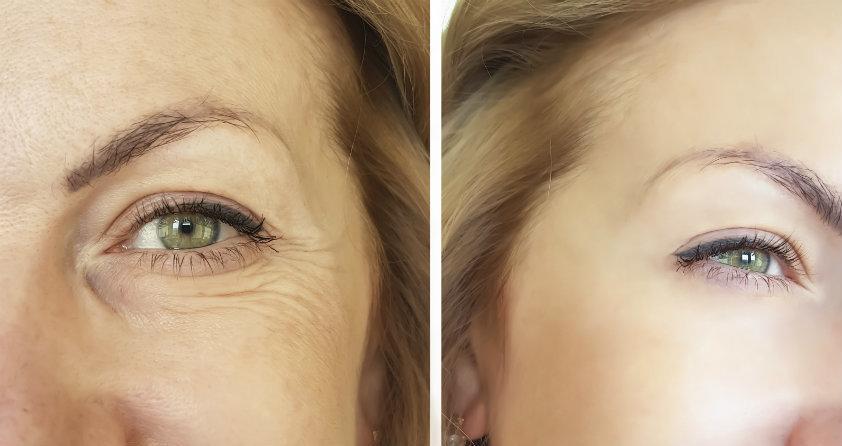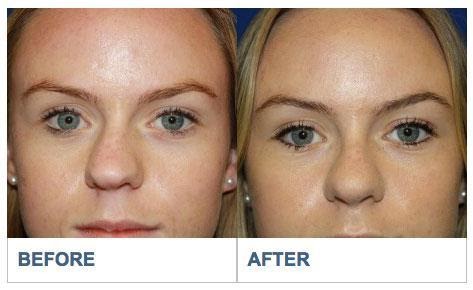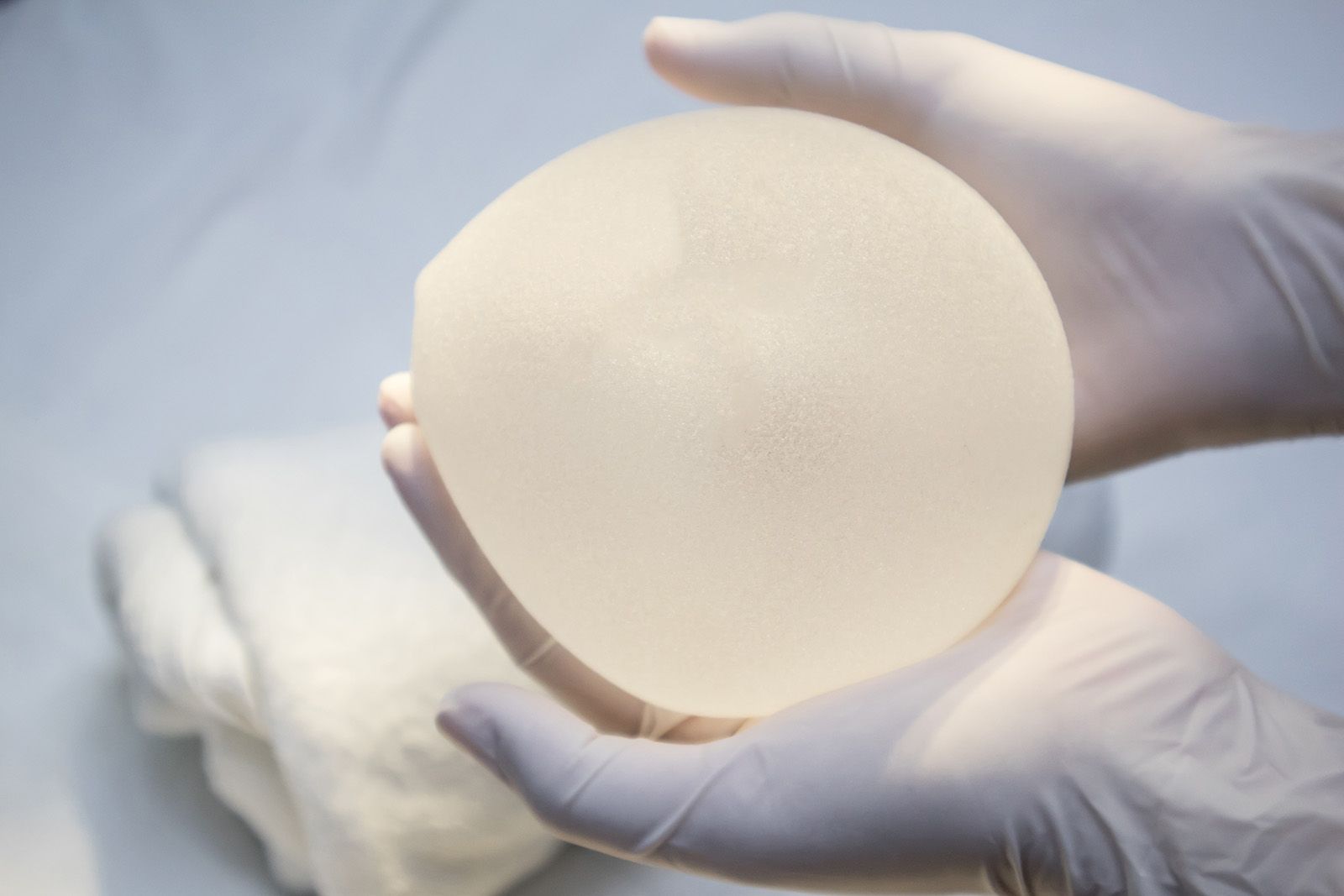
High-intensity focused Ultrasound (HIFU) is an advanced treatment for prostate carcinoma that is non-invasive. The process uses non-ionizing ultrasonic waves to increase blood and lymph flow. To destroy tissue, it also employs thermal and mechanical mechanisms. It is considered safe and effective as an alternative to surgery.
HIFU is a groundbreaking high-tech method to treat prostate cancer
HIFU, a high tech approach to treating prostate cancer, is a very effective treatment. It works by targeting small amounts of tissue that are about the same size as a grain or rice and destroying them all in one session. HIFU uses a safe, non-radiant energy source. The procedure can be repeated several times, allowing patients to have more than one treatment if necessary.
HIFU works by using an ultrasound probe that delivers ultrasound sound waves to the prostate. These sound waves can be directed at cancerous cells and spare healthy tissue. The treatment can take from two to three hours. It includes real-time imaging and analysis of the prostate gland to confirm the treatment is targeting cancerous cells. While the procedure may cause some minor side effects, these are typically temporary and disappear soon after the procedure.
It is considered a painless replacement for surgical facelifts
HIFU is a non-invasive treatment for facelifts that does not leave any incisions or scars. It is also much less expensive than surgical facial lifts. It can improve the tone and appearance of your face. For improved facial contours and appearance, HIFU can be performed prior to or after a surgical procedure.

This procedure uses focused ultrasound energy with high intensity to heat the facial tissues. The result is firmer, smoother skin. The results are visible in a matter of months and are completely safe. HIFU is a great option to surgical facelifts, especially for younger people. Before you decide to undergo this procedure, however, it is important that you consult a doctor. The surgeon will give you a precise diagnosis and decide if HIFU would be right for you.
It can damage blood vessels and nerves that control erections
Hifu is a surgical procedure where high-intensity, focused ultrasound energy is used to destroy cancer cells. It is usually limited to the prostate. Side effects can occur due to the fact that it damages blood vessels and nerves. Radiation therapy is not an effective treatment for prostate cancer. However, it may be an option for abdominal surgeons.
The procedure is done as an outpatient procedure. Patients are discharged the next day. Because HIFU is minimally invasive, it usually takes about one to four hours. Most patients will not experience any side effects. It can, however, cause problems with erection. It is less likely to cause urinary incontinence and bladder problems than surgery.
It's a lengthy procedure, but it is very complex.
Hifu is a complex procedure that utilizes ultrasound waves to target tumors. The procedure can be performed under general anesthesia. It takes about two to four hours. The procedure involves inserting an ultrasound probe into the patient's rectal. The probe's tip is equipped with an ultrasound transducer. These sound waves are highly focused and emitted through the rectal wall, destroying cancerous tissue and damaging nearby structures.
The HIFU procedure is safe for most patients, but it is not for everyone. This is because photodamaged and excessively loose skin types may not be able to benefit from this treatment. People with severe acne or open skin lesions should not have the procedure.

It is only available at specialist centres or in clinical trials
HIFU treatment is usually available to patients who have advanced prostate cancer. It is usually carried out as an outpatient procedure. The first step in the treatment is an MRI scan of the prostate to pinpoint the position of the cancer. This will enable surgeons to determine the best area for treatment.
HIFU causes damage to the skin's collagen, elastin and other proteins. These proteins are essential in maintaining the structure and foundation of the skin. As we age these proteins start to lose their function and cause wrinkles or fine lines.